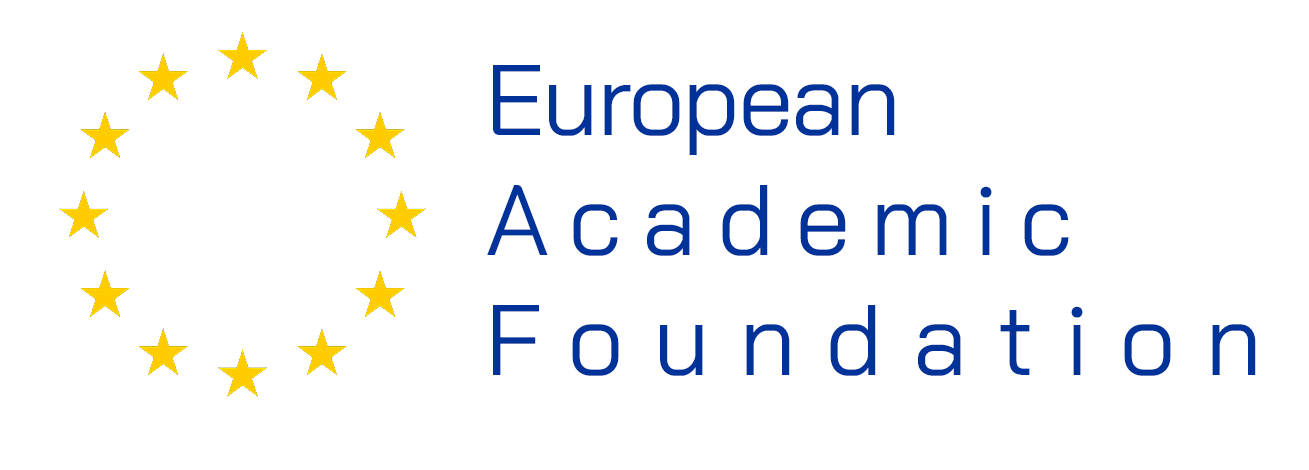
1. Status Quo
For many decades, the EU and national governments have striven to integrate Europe’s higher education system. Much has already been achieved on this path. The most impressive accomplishment perhaps is Erasmus+, which enables more than 280,000 university students (and more than 640,000 people in total) to spend time abroad each year. Erasmus+ has benefitted millions of participants who have been able to forge links across borders, practice foreign languages, expose themselves to other ways of living, enhance their personal development, expand their research, and more.
2. What's Missing?
And yet, we think an additional programme is needed. While other global players like the US and China are bringing together their brightest youth at highly selective universities, Europe’s most promising students are currently scattered across the continent with no way of communicating or cooperating with one another. Moreover, grave inequalities of opportunity persist within Europe: depending on whether you’re born in Romania or in the Netherlands, your chances of becoming, say, a successful physicist vary greatly. We need a solution that addresses both.
3. The Idea
We are therefore proposing a European Academic Foundation. The Foundation would support a few thousand students, making it considerably more selective than any other European framework. Its fellows would receive support for multiple years, making it a more permanent programme than currently exists. The Foundation would be based on two pillars: ideas and finances. Under the first heading, it would offer research academies, language courses, exchange semesters, and similar activities. Under the second, it would cover living expenses and tuition fees depending on individual need.
4. Benefits for Europe
We believe that a European Academic Foundation would be in the best interest of European society.
5. The German Model
The European Academic Foundation draws inspiration from the German “Studienstiftung”, established in 1948. This is no coincidence. Much like Germany’s, Europe’s education system is relatively decentralised and heterogeneous. Granting the potential benefits of this model, it also comes with some drawbacks. Among those are, as mentioned, a lack of collective spirit and regional inequalities of opportunity: like-minded students from different parts of the country rarely cross paths, and their birth place and social background still affect their chances of success. In response, Germany has instituted an array of policies aiming to integrate academic life and equalise opportunities.